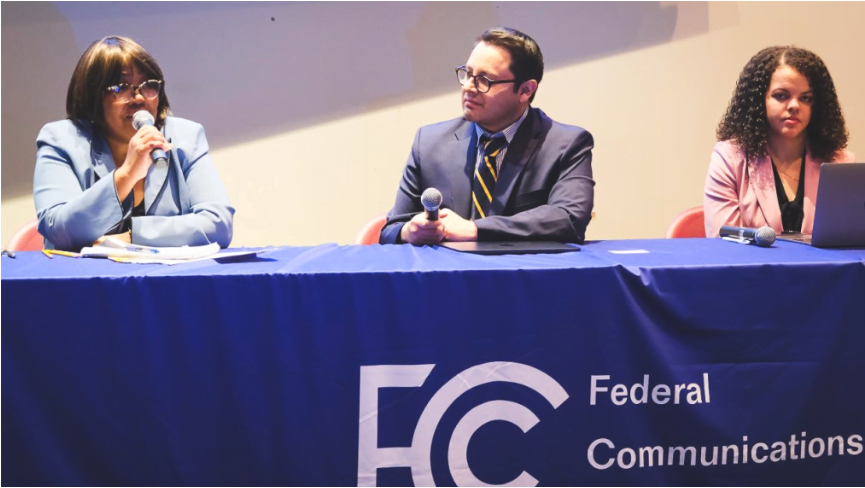In an era where privacy is paramount and data breaches loom as a constant threat, the recent actions taken by the Federal Communications Commission (FCC) have reverberated across the telecommunications landscape.
With fines totaling nearly $200 million, the nation’s foremost wireless carriers find themselves under intense scrutiny for their mishandling of customer location data. This unprecedented move by the FCC signals a pivotal moment in the battle to protect consumer privacy in the digital age.
As the details of these violations unfold, it becomes increasingly evident that the safeguarding of sensitive information has become a non-negotiable imperative for telecommunications giants. Let’s delve into the heart of the matter, examining the implications of these fines and what they signify for both consumers and the telecommunications industry at large.
Wireless Giants Slapped with Nearly $200 Million in Fines
WASHINGTON, April 29, 2024—In a landmark move, the Federal Communications Commission (FCC) has levied significant fines against the country’s leading wireless carriers for unlawfully divulging customers’ location data without their consent and failing to implement adequate safeguards to protect this sensitive information.
AT&T, Sprint, T-Mobile, and Verizon Penalized
Sprint and T-Mobile, which have since merged, find themselves facing fines exceeding $12 million and $80 million, respectively. AT&T bears a penalty of over $57 million, while Verizon is held accountable for nearly $47 million.
These fines represent the FCC’s firm stance against breaches of consumer privacy and signal a commitment to ensuring that telecommunications companies uphold their responsibilities as custodians of private data.
Chairwoman Jessica Rosenworcel Condemns Violations
FCC Chairwoman Jessica Rosenworcel expressed grave concern over the carriers’ failure to safeguard customers’ real-time location data, emphasizing the seriousness of the breach. “Our communications providers have access to some of the most sensitive information about us.
These carriers failed to protect the information entrusted to them,” she remarked. “Here, we are talking about some of the most sensitive data in their possession: customers’ real-time location information, revealing where they go and who they are.”
Ongoing Commitment to Consumer Protection
Despite these cases being initially proposed by the preceding administration, the Commission remains steadfast in holding all carriers accountable for their actions.
Chairwoman Rosenworcel affirmed the FCC’s dedication to ensuring that telecommunications companies fulfill their obligations to their customers by safeguarding their most private data.
FCC Releases Detailed Statements
For those interested in delving into the specifics of these groundbreaking actions, the FCC has provided comprehensive statements regarding each violation. Detailed documents outlining the fines imposed on each carrier are available for public review:
- FCC Fines Verizon $46M for Location Data Violations
- FCC Fines T-Mobile $80M for Location Data Violations
- FCC Fines Sprint $12M for Location Data Violations
- FCC Fines AT&T $57M for Location Data Violations
Conclusion
In conclusion, the FCC’s enforcement of substantial fines against major wireless carriers sends a clear message about the importance of protecting consumer privacy.
These penalties underscore the need for telecommunications companies to prioritize the security of customer data and uphold their obligations to safeguard sensitive information.
As consumers increasingly rely on wireless services in their daily lives, maintaining trust and confidence in the protection of personal data remains paramount.
In conclusion, the FCC’s decisive actions against major wireless carriers serve as a pivotal moment in the ongoing battle to protect consumer privacy. By imposing substantial fines and holding telecommunications companies accountable for mishandling sensitive location data, the FCC underscores the importance of upholding strict standards for data security and consumer trust.
Moving forward, these penalties should serve as a stark reminder to all industries that the protection of personal information is not only a legal obligation but a fundamental responsibility in our increasingly digital world. As technology continues to advance, maintaining robust safeguards and transparent practices will be essential in preserving the integrity of individuals’ privacy rights.



